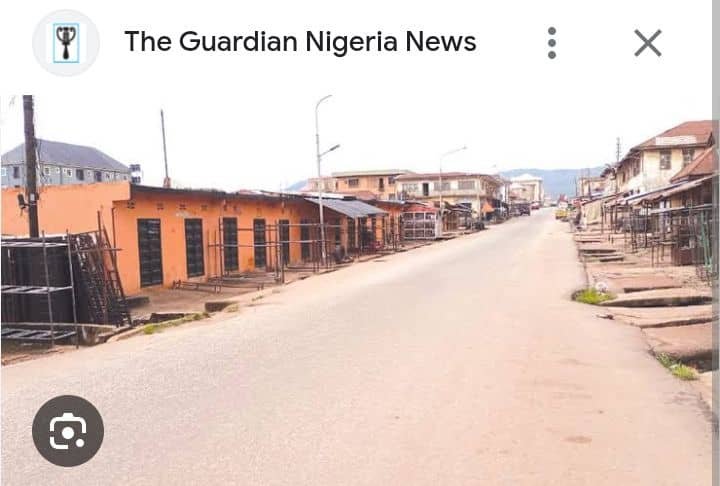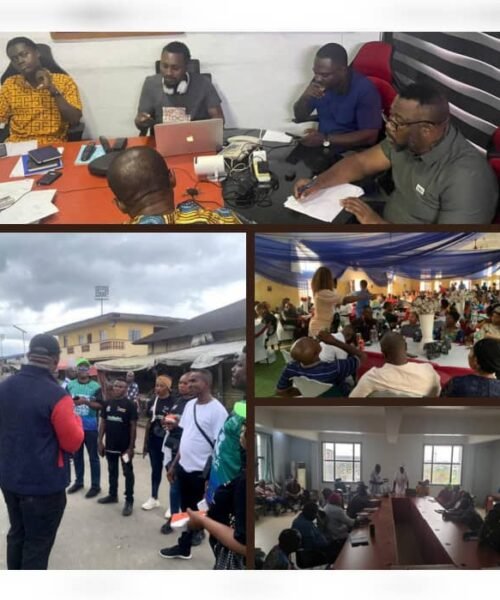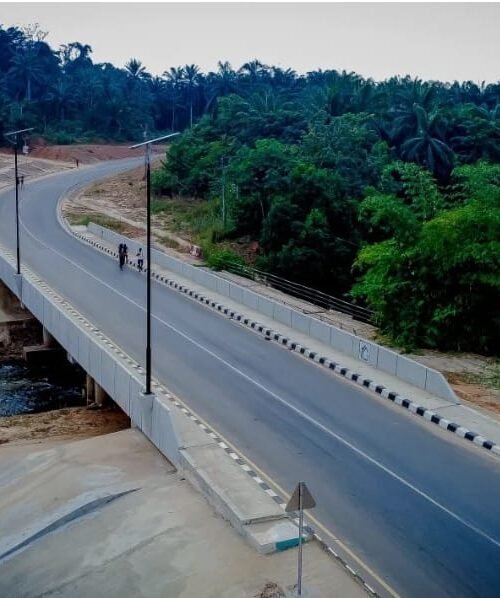The Bleeding Mondays
(Based Exclusively on NBS, IMF, and World Bank Data)
Prologue: The Sound of Empty Markets
In the rusted stalls of Onitsha’s Main Market, where 1.2 million nano-traders once jostled, Mondays now echo with a silence that chills the bone. The National Bureau of Statistics counts what our eyes refuse to see: ₦88.81 billion evaporating each Monday across Southeast Nigeria. For weeks—from August 2021 to March 2025 —this ritual economic suicide bled ₦9.43 trillion from the poorest hands in the region. The IMF and World Bank whisper the broader truth: Nigeria has 86 million citizens in extreme poverty, while the Southeast’s lockdowns surgically starve the very micro-enterprises that sustain them.
I. The Numbers That Weep
The NBS autopsy reveals 4.99 million micro-enterprises—tailors in Aba, yam sellers in Enugu, vulcanizers in Umuahia—trapped in a Monday grave. Anambra’s ₦29,409 daily loss per trader means a widow sells her wrappers to buy antibiotics. Ebonyi’s ₦7,268 loss per cobbler steals a child’s school fees. That staggering ₦4.6 trillion annual loss translates to 8 million children missing meals every Monday. Meanwhile, World Bank data shows Nigeria’s poverty rate leaping to 38.9% in 2023, yet remains silent on the Southeast’s targeted hemorrhage. The IMF COVID-19 trackers admit they “cannot reflect country-specific suffering,” ignoring how lockdowns outlived the pandemic to become weapons. The bitter irony? World Bank funds ₦4,500/month cash transfers for the poor—while Monday lockdowns steal ₦13,613 daily from an Abia trader.
II. Faces Behind the Figures
Meet Chioma, 54, an Onitsha pepper seller whose voice cracks as she speaks: “Before lockdowns, I made ₦8,000 daily. Now? ₦1,500 if police don’t chase us. My daughter dropped out of UNN. NBS says I lost ₦456,800 this year. They counted my tears too?” Then there’s Emeka, 32, an Okada rider in Enugu: “No Monday, no income. Loan sharks took my bike. NBS reports ₦9.34 billion lost here weekly. My life is line 14, Table 2.” These are not anomalies but fragments of a shattered ecosystem.

III. The Political Wound
The detention of Mazi Nnamdi Kanu remains the open sore festering beneath these lockdowns. While international bodies hide behind methodological caution—the IMF avoiding “cross-country comparisons” of repression, the World Bank noting “conflict-affected zones” but refusing to name the Southeast—the NBS data screams the truth: Every Monday of Kanu’s detention costs the poor ₦88.81 billion. This economic hemorrhage fuels a self-perpetuating crisis where political stagnation begets human devastation.
IV. Appeal to Conscience: A Region’s Obituary Pending
To the Federal Government: Free Kanu. Not for politics, but for the wheelbarrow pusher in Nnewi counting grains of rice for dinner. The NBS proved your silence costs ₦4.6 trillion yearly. To Southeast Governors: Dismantle the Monday terror. If not for justice, then for the 1.15 million enterprises gasping in Enugu. Your inaction is complicity in economic genocide. To the International Community: See beyond sanitized reports. When the World Bank documents ₦4,500 poverty stipends while ignoring ₦88.8 billion weekly theft, you bury the poor twice.
Epilogue: The Scars We Must Heal
Statistics are the scars of the poor. The numbers have spoken. The markets weep. The children starve. We beg you—tear down the Monday prison. Release Kanu not to legitimize a cause, but to stop the bleeding of a people. For in the ruins of these silent Mondays, we don’t just lose money. We lose our soul. Act now. Before the next Monday dawns.
Data Sources:
NBS 2020 MSME Survey, NBS 2025 Southeast Impact Analysis,
World Bank Nigeria Poverty Assessment 2023,
IMF COVID-19 Policy Tracker.
Dr Chukwuemeka Ifegwu Eke







